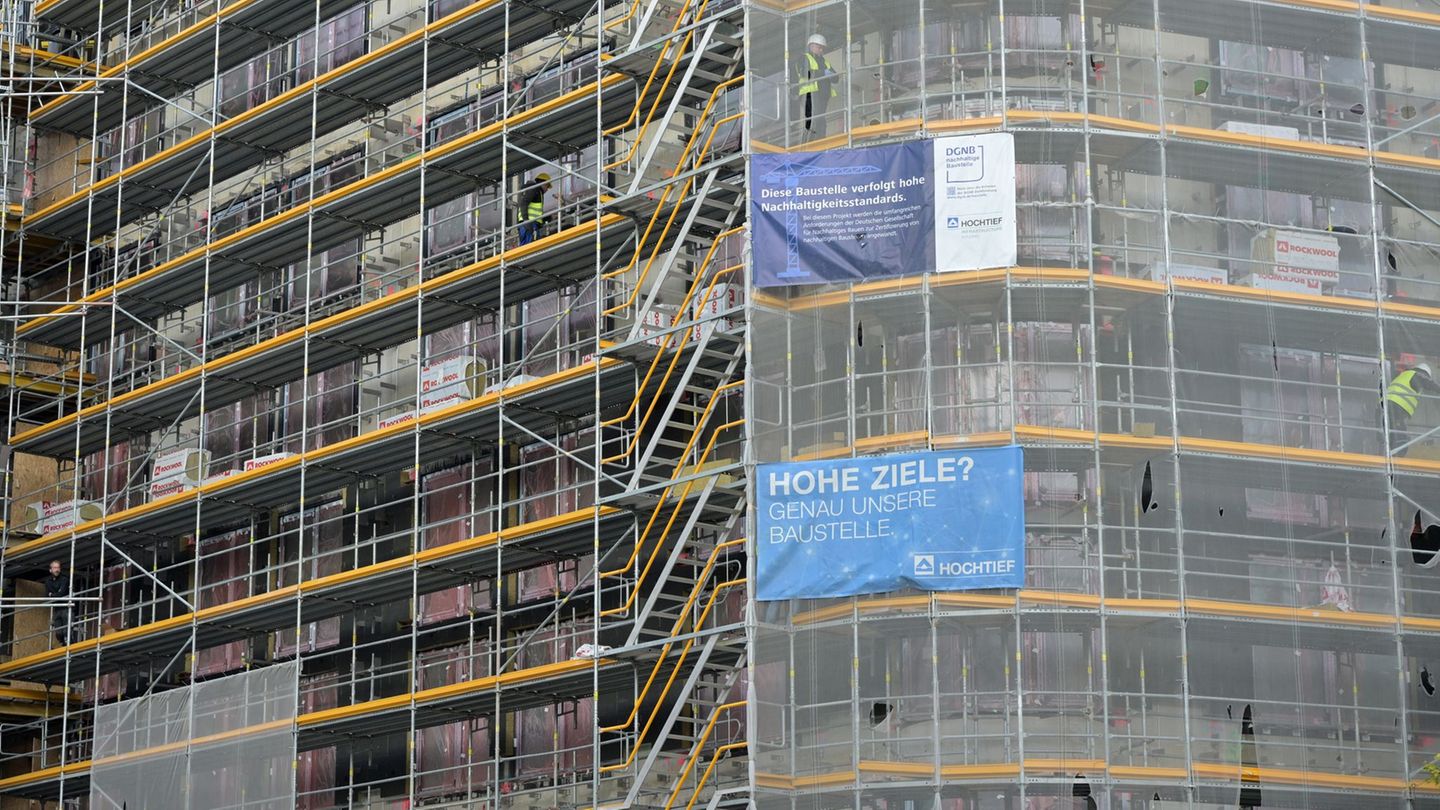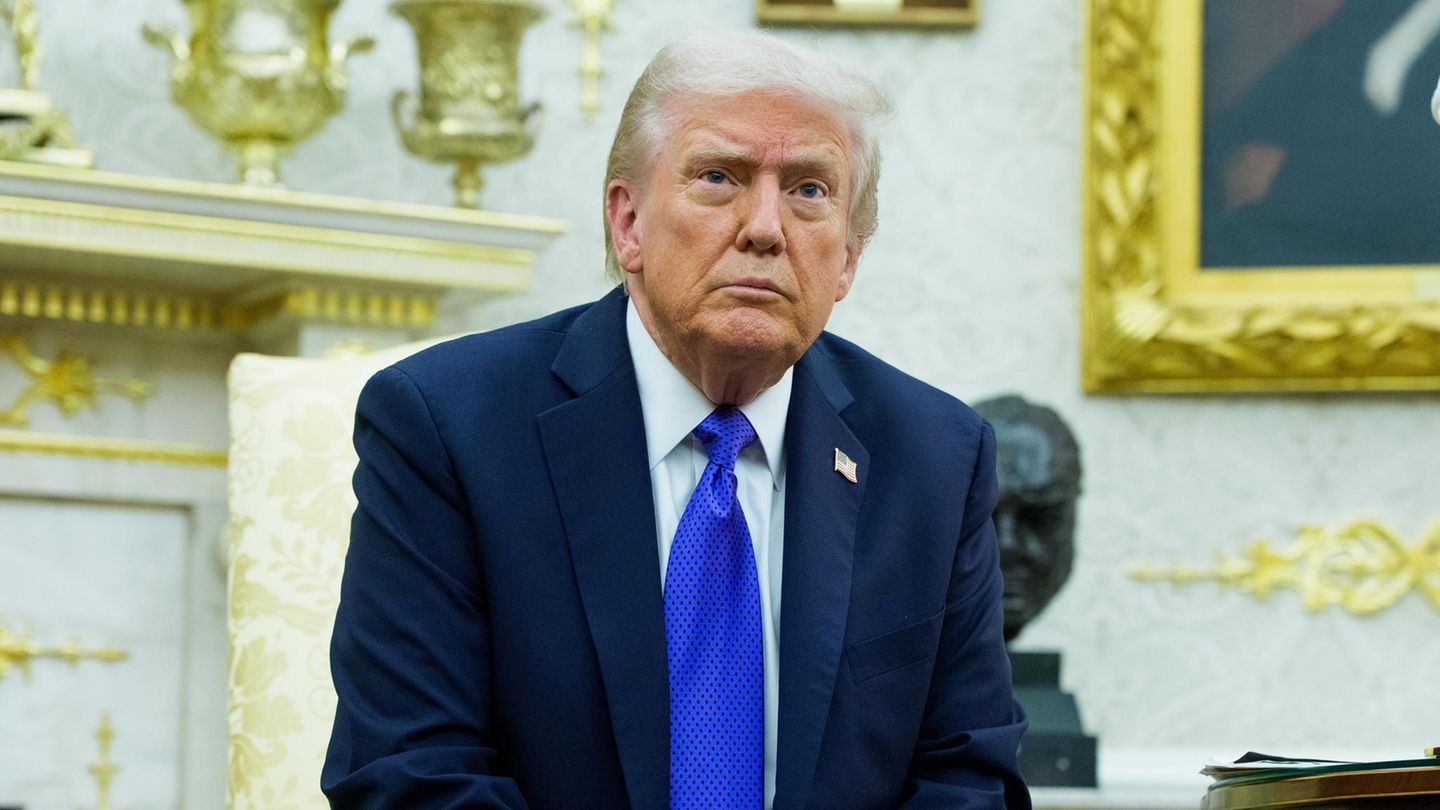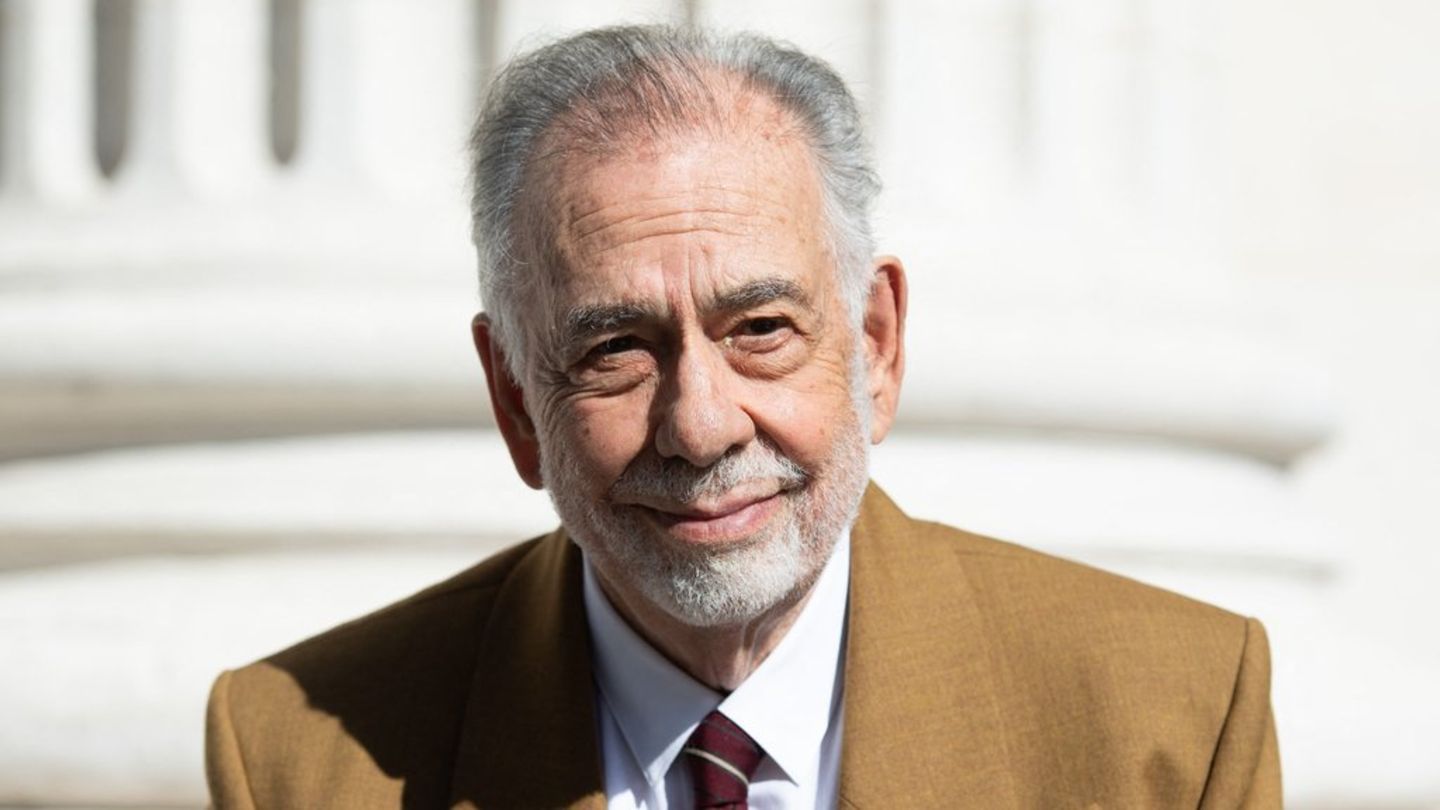I have been working in the news industry for over 6 years, first as a reporter and now as an editor. I have covered politics extensively, and my work has appeared in major newspapers and online news outlets around the world. In addition to my writing, I also contribute regularly to 24 Hours World.
Menu
#EP2024: European elections: What the parties promise
Categories
Most Read
Bundeswehr: Can only conscription save the troops?
October 24, 2025
No Comments
Suspicion of extremism: IS sympathizer is said to have shot at cars – arrest warrant
October 24, 2025
No Comments
Will Donald Trump meet Kim Jong-un next week?
October 24, 2025
No Comments
War in Ukraine: Economics Minister Reiche arrived in Ukraine
October 24, 2025
No Comments
Young talent for the Bundeswehr: Survey: Bundeswehr lottery system meets with widespread rejection
October 24, 2025
No Comments
Latest Posts

Federal Statistical Office: Sales losses in construction – orders are recovering
October 24, 2025
No Comments
AngelicaI am an author and journalist who has written for 24 Hours World. I specialize in covering the economy and write about topics such as

Donald Trump ends trade talks with Canada because of commercial
October 24, 2025
No Comments
IvanI have been working in the news industry for over 6 years, first as a reporter and now as an editor. I have covered politics

After the “Megalopolis” debacle: Francis Ford Coppola sells a million-dollar watch
October 24, 2025
No Comments
Lisa HarrisI am an author and journalist who has worked in the entertainment industry for over a decade. I currently work as a news editor
24 Hours Worlds is a comprehensive source of instant world current affairs, offering up-to-the-minute coverage of breaking news and events from around the globe. With a team of experienced journalists and experts on hand 24/7.

